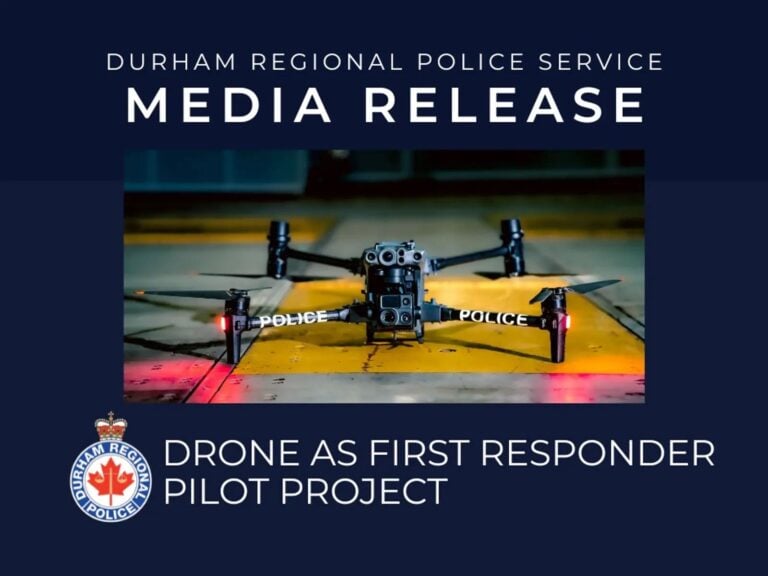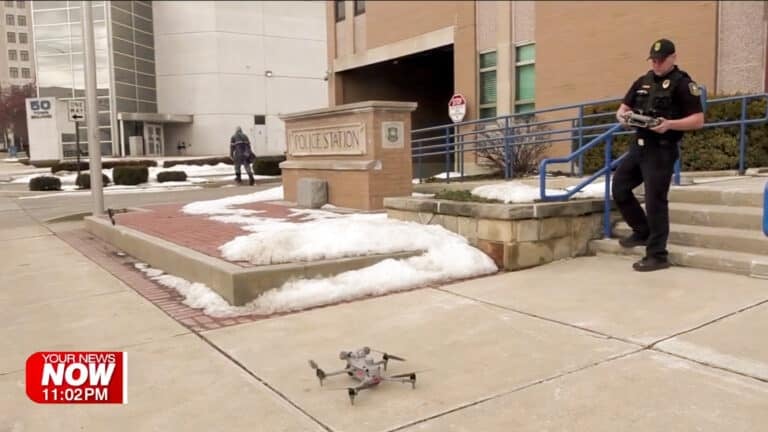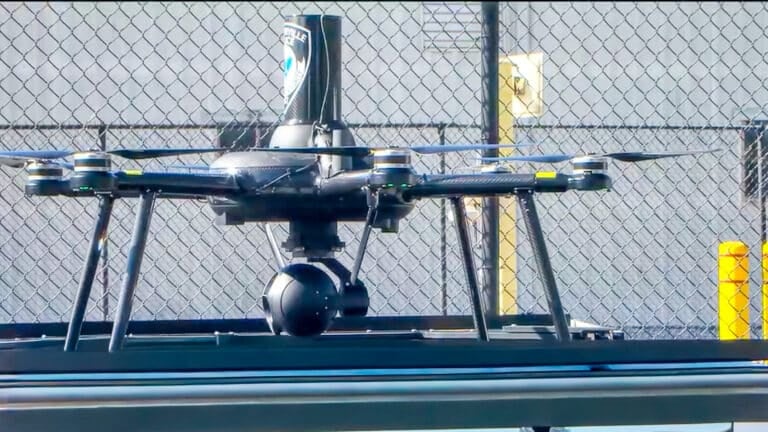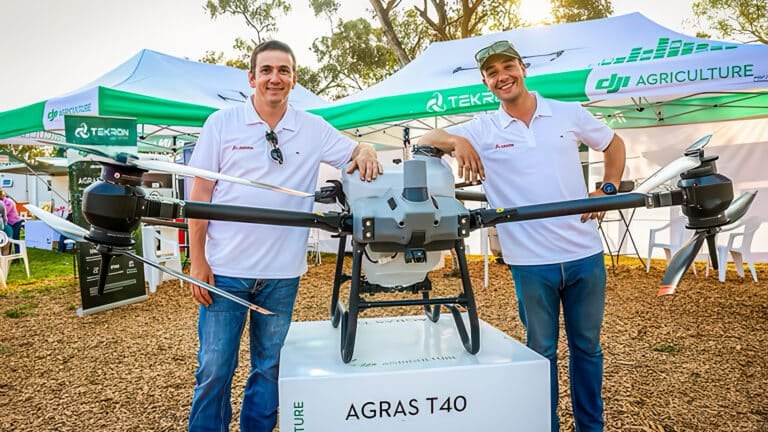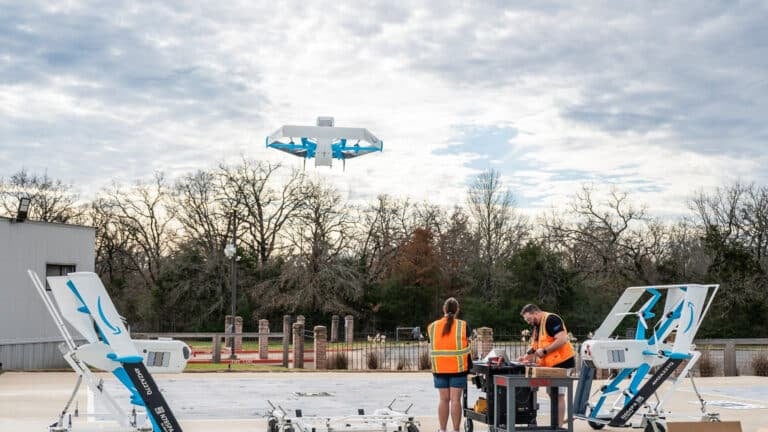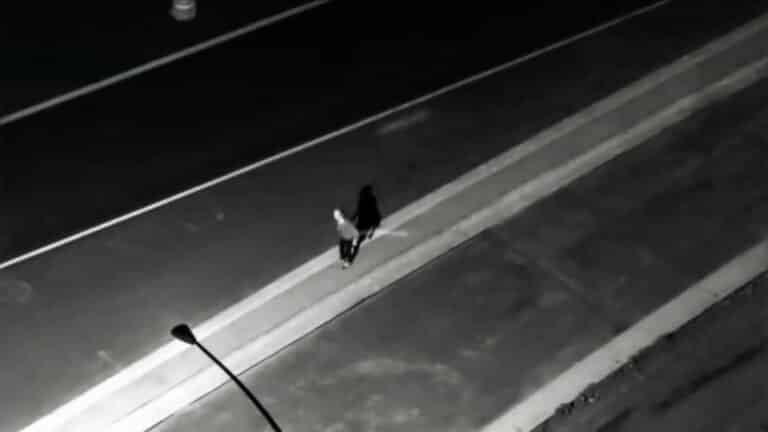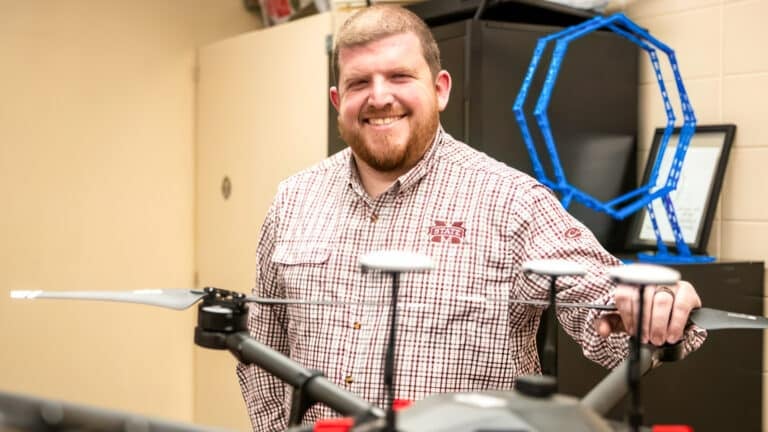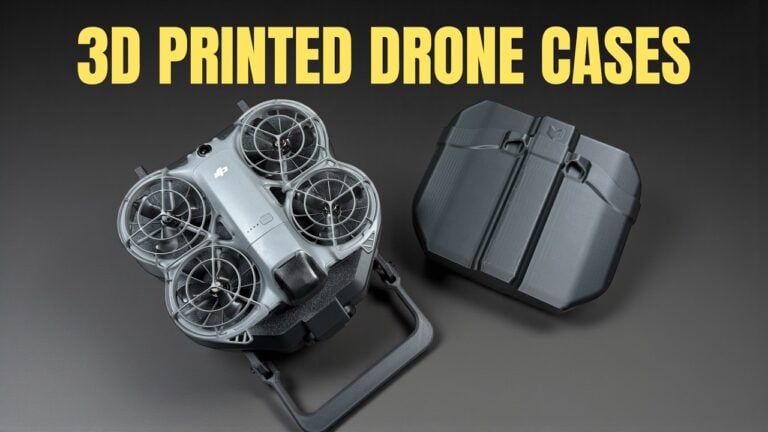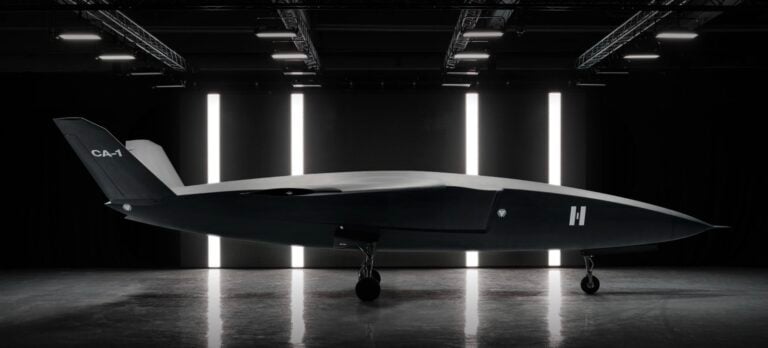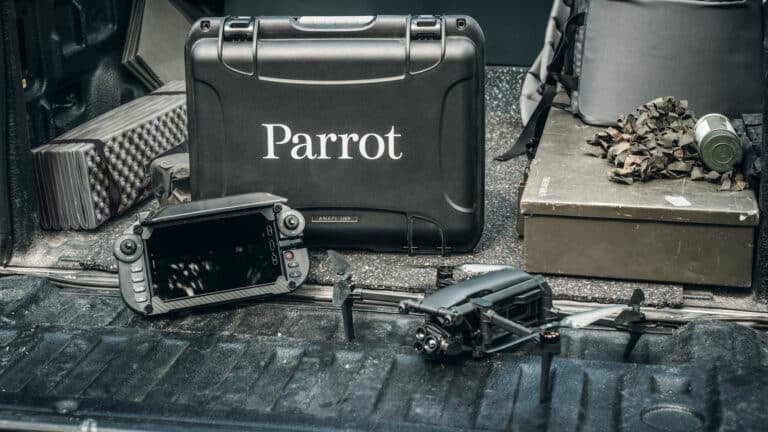Russian Drone Violates Romanian Airspace, NATO Jets Scramble
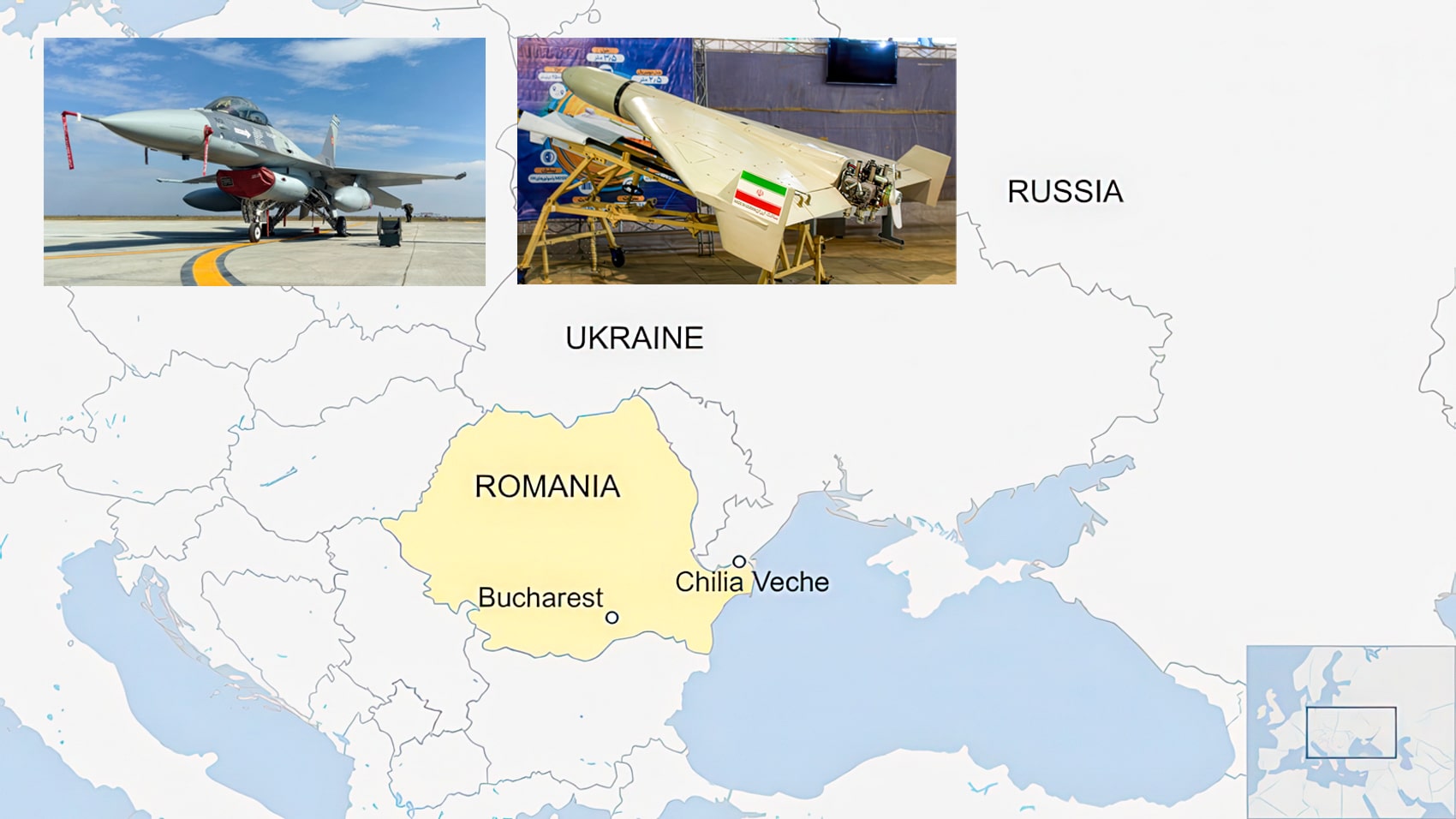
Check out the Best Deals on Amazon for DJI Drones today!
For the second time in a week, and reported by the BBC, a Russian drone has breached the airspace of a NATO country, dramatically escalating tensions along Europe’s eastern flank. On September 13th, a Russian drone, likely a Geran-2, penetrated Romanian airspace for nearly an hour before slipping back towards Ukraine, prompting NATO F-16s to scramble in response.
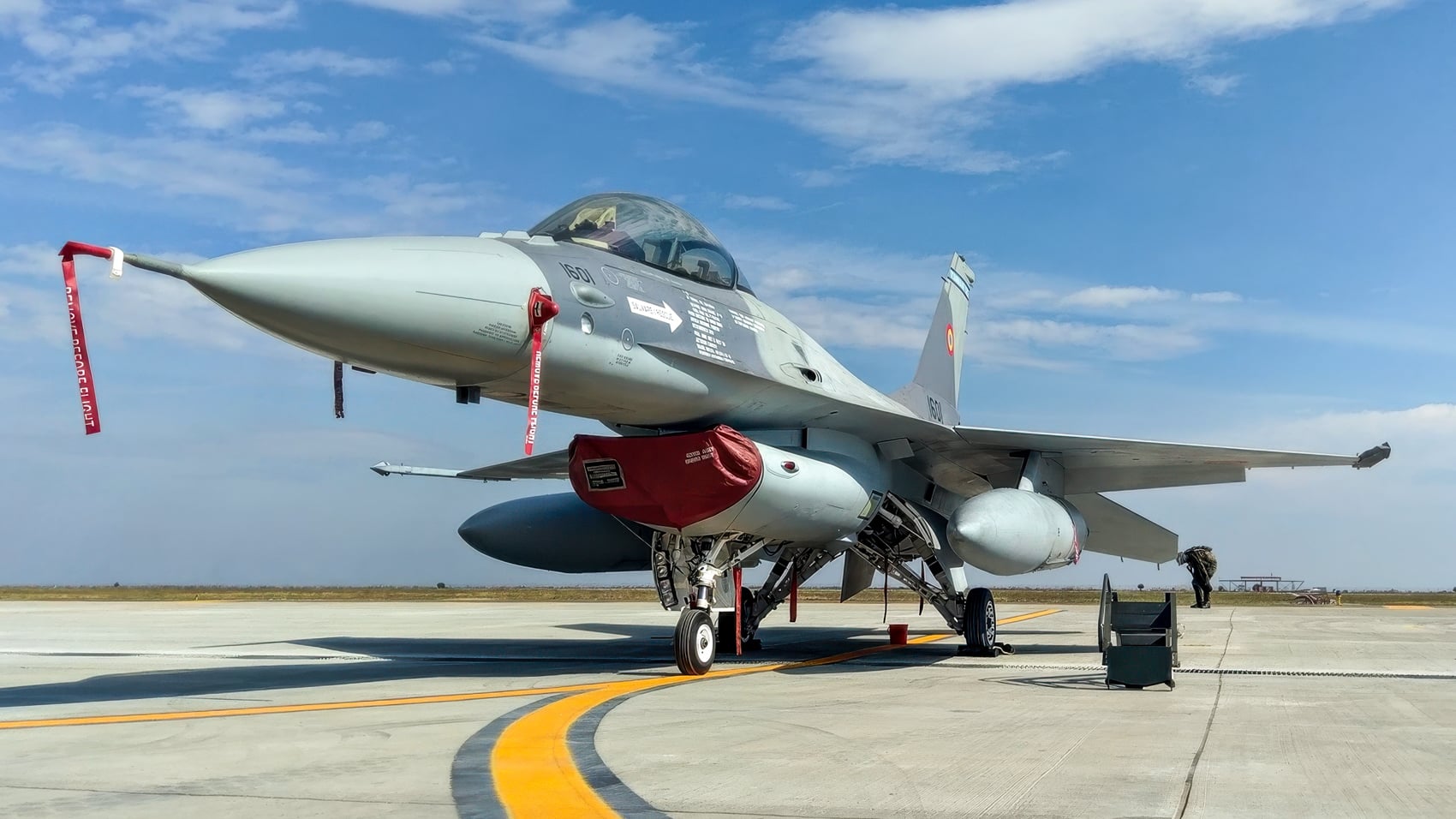
The incident, which comes just days after a similar incursion over Poland, has been slammed by European leaders as an “unacceptable breach.” It’s a dangerous provocation that highlights the growing risk of the war in Ukraine spilling over into a direct confrontation between Russia and the NATO alliance.
A 50-Minute Incursion
According to Romania’s defense ministry, the drone was detected while Russia was conducting attacks on Ukrainian port infrastructure on the Danube River, right across the border. Two Romanian F-16s, which were already on patrol, were vectored to intercept the drone.
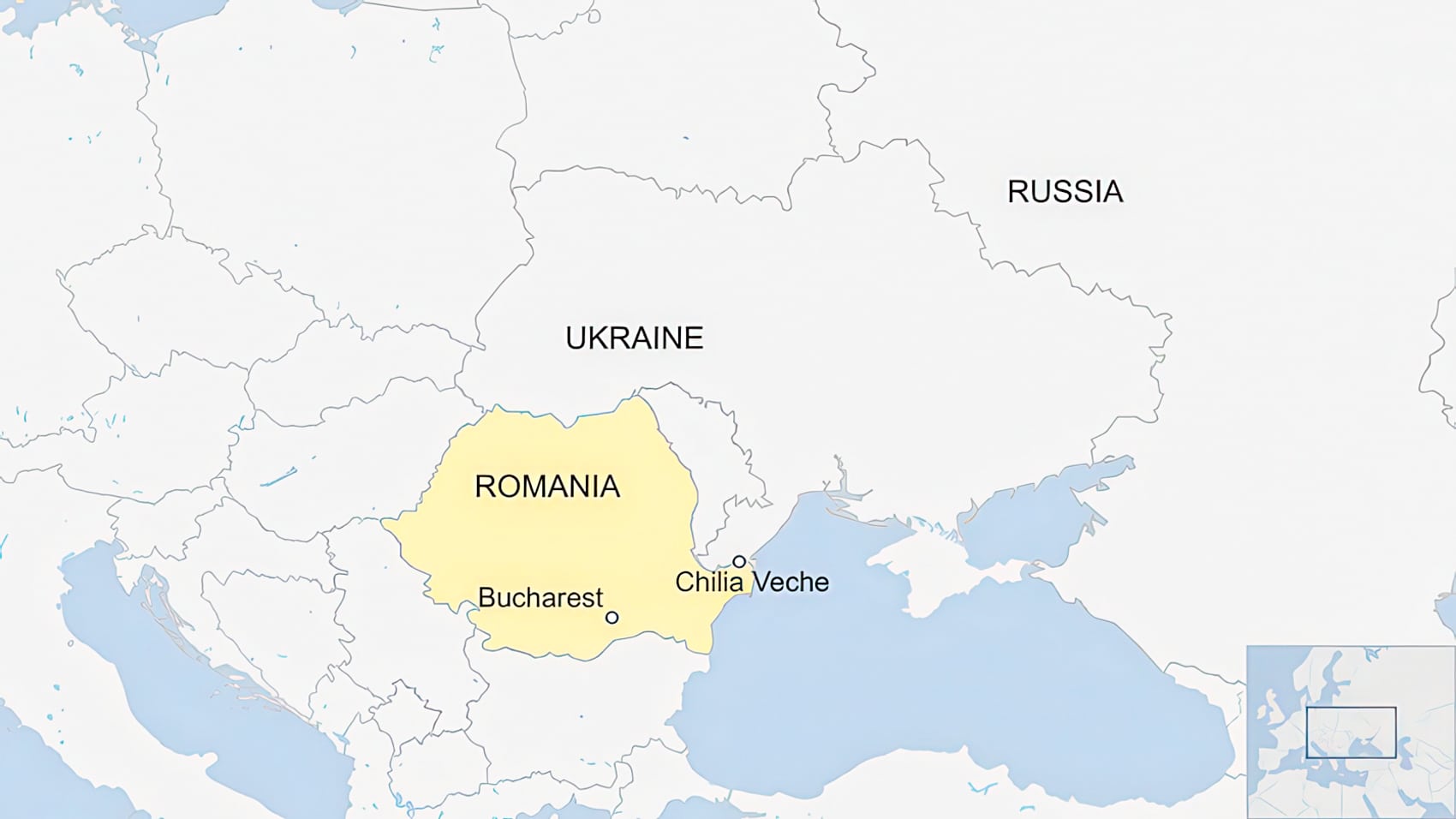
The jets tracked the unmanned aircraft for 50 minutes as it flew up to 10km (about 6 miles) inside NATO territory. It eventually turned back towards Ukraine without being shot down. While Moscow has remained silent, Ukrainian President Volodymyr Zelenskyy has called the incursion a deliberate attempt at “war expansion.”
This is becoming a pattern. On September 10th, several Russian drones flew into Polish airspace, with at least one being shot down. These repeated violations, whether accidental or intentional, are testing NATO’s patience and forcing the alliance to rapidly adapt its air defense posture.
The Geran-2: A Low, Slow, and Dangerous Threat
The drone involved is believed to be a Geran-2, the Russian designation for the Iranian-designed Shahed-136. This is a “kamikaze” drone with a 50kg warhead and a range of up to 2,500km.
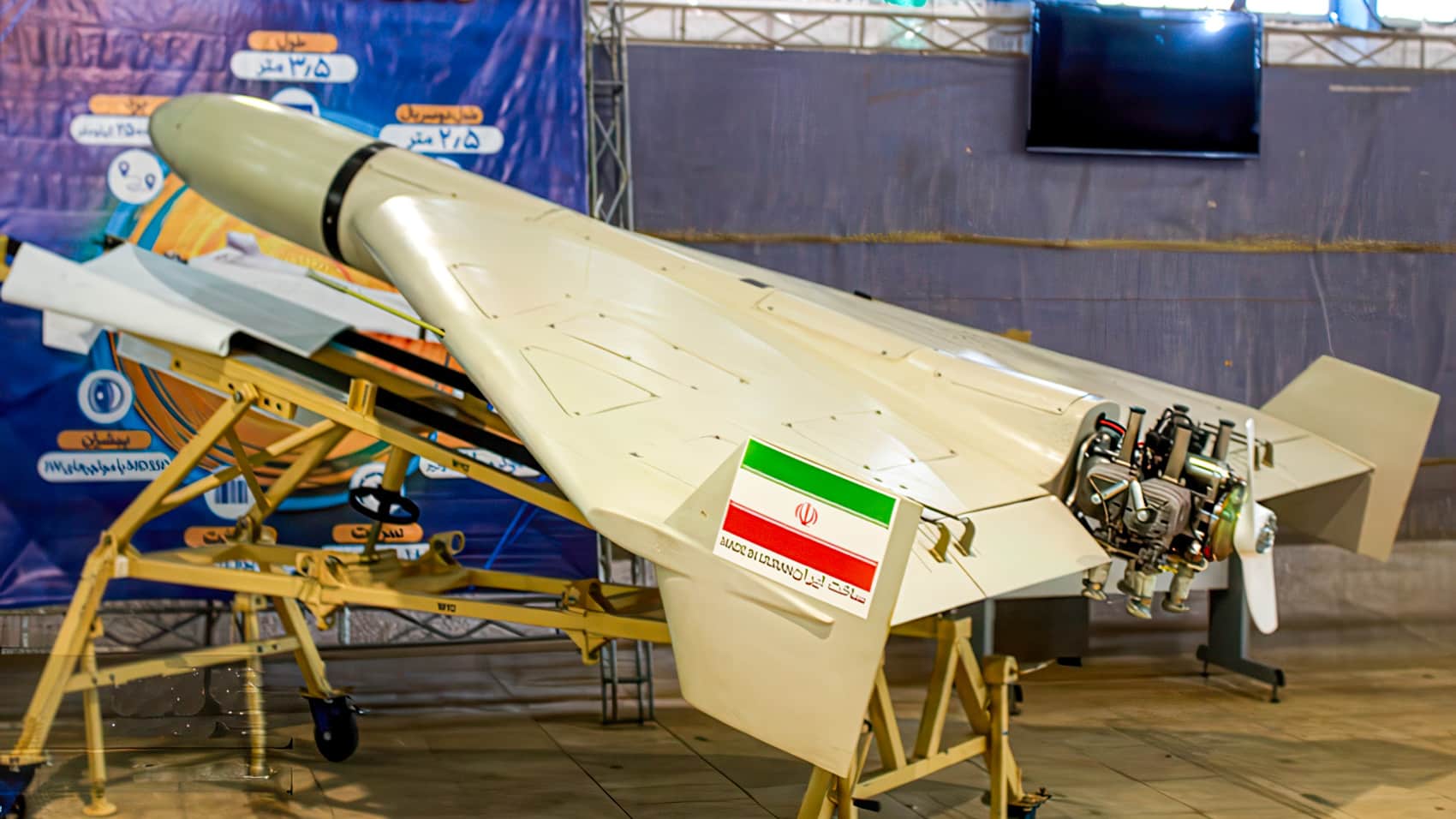
Its greatest advantage is its ability to fly low and slow, using basic GPS navigation to sneak under traditional radar systems that are designed to spot high-flying jets and missiles. This is what makes them so difficult to defend against, especially in the large numbers that Russia is deploying them.
While Romania’s F-16s, supported by German Eurofighters, were able to track the drone with their advanced sensors, the fact that it was allowed to remain in NATO airspace for nearly an hour before leaving on its own has raised serious questions about the alliance’s rules of engagement and its ability to counter this specific type of threat.
A Scramble to Adapt
NATO is now in a scramble to bolster its eastern defenses. In response to the Polish incursion, the Czech Republic has already sent helicopters to Poland to help secure the border. And in the wake of this latest incident in Romania, the calls for a more robust, drone-focused defense are growing louder.
The problem is that using a multi-million dollar fighter jet and an even more expensive air-to-air missile to shoot down a $20,000 drone is a losing game financially. Experts at institutions like the RAND Corporation have long argued that NATO needs to invest heavily in cheaper, more effective counter-UAS systems, like jammers and lasers, to deal with the threat of drone swarms.
DroneXL’s Take
The image of a state-of-the-art F-16 fighter jet tracking a slow, buzzing drone is a perfect snapshot of the bizarre new reality of modern warfare. It’s a clash of two different technological eras, and right now, the cheaper, simpler technology is causing a massive headache for the more advanced one.
“Real talk,” the fact that this drone was allowed to cruise through NATO airspace for 50 minutes is a major concern. It highlights a potential weakness in the alliance’s decision-making loop. A drone is not a fighter jet piloted by a human; the rules of engagement need to be different. You can’t afford to hesitate.
This is a dangerous game of chicken being played by Russia. They are testing NATO’s red lines, probing their defenses, and trying to create friction within the alliance. Every time a drone crosses the border, it forces NATO to make a difficult choice: shoot it down and risk escalation, or let it go and look weak.
For us in the drone community, this is another sobering reminder of how our technology is at the center of global conflict. The very principles that make a drone great for us—its accessibility, its ability to fly low and slow for a great shot—are the same things that make it a potent weapon. It reinforces our collective responsibility to fly safely and to be advocates for the positive, life-affirming uses of our incredible flying machines.
Photo credit: Wikimedia
Discover more from DroneXL.co
Subscribe to get the latest posts sent to your email.
Check out our Classic Line of T-Shirts, Polos, Hoodies and more in our new store today!

MAKE YOUR VOICE HEARD
Proposed legislation threatens your ability to use drones for fun, work, and safety. The Drone Advocacy Alliance is fighting to ensure your voice is heard in these critical policy discussions.Join us and tell your elected officials to protect your right to fly.
Get your Part 107 Certificate
Pass the Part 107 test and take to the skies with the Pilot Institute. We have helped thousands of people become airplane and commercial drone pilots. Our courses are designed by industry experts to help you pass FAA tests and achieve your dreams.

Copyright © DroneXL.co 2026. All rights reserved. The content, images, and intellectual property on this website are protected by copyright law. Reproduction or distribution of any material without prior written permission from DroneXL.co is strictly prohibited. For permissions and inquiries, please contact us first. DroneXL.co is a proud partner of the Drone Advocacy Alliance. Be sure to check out DroneXL's sister site, EVXL.co, for all the latest news on electric vehicles.
FTC: DroneXL.co is an Amazon Associate and uses affiliate links that can generate income from qualifying purchases. We do not sell, share, rent out, or spam your email.




